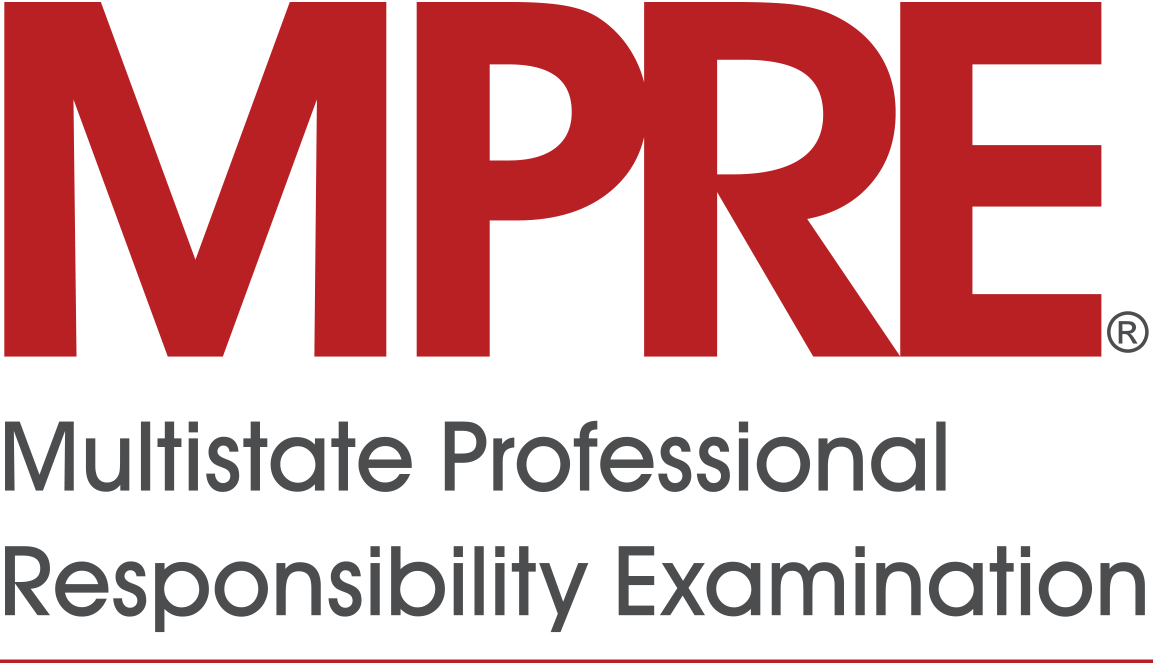
Guidelines for Medical Documentation When an Accommodation Request Is Based Upon Physical and Chronic Health-Related Impairments
Introduction
The National Conference of Bar Examiners (NCBE) is committed to providing reasonable and appropriate accommodations to candidates with documented disabilities in accordance with the Americans with Disabilities Act, as amended (ADAAA). Under the ADA, a person is disabled if he or she has a physical or mental impairment that substantially limits one or more major life activities.
NOTE: Some health-related needs may be met by way of a comfort aid. Comfort aids are items that candidates may bring into the testing room upon inspection by testing staff, and do not require pre-approval. A list of allowed comfort aids may be found on the Pearson VUE website.
To support a request for test accommodations, applicants must submit documentation from a qualified professional that is on letterhead, typed in English, dated, and signed. The documentation must confirm the existence of the applicant’s impairment(s) and address the functional limitations that the applicant currently experiences because of the impairment(s). It should also provide a rationale for each accommodation requested. The current functional limitations caused by the impairment(s) must be relevant to taking the MPRE, and the recommended accommodations must be necessary to ameliorate the current limitations.
Description of the MPRE Administered Under Standard Conditions
The MPRE is a computer-based examination administered in a proctored setting at Pearson VUE testing centers. It is a two-hour timed examination consisting of 60 multiple-choice questions. Test items are written at an 11th- to 12th-grade reading level. Candidates record their answers by selecting the answer choice using either a mouse or a keyboard. Candidates are assigned seats in a quiet environment.
Essential Components of Supporting Documentation
A Qualified Professional Must Conduct the Evaluation
Professionals who diagnose physical or chronic health-related impairments must be qualified to do so. The professional should be licensed and otherwise qualified in terms of training and relevant expertise. If a professional diagnoses multiple impairments, the professional must be qualified to make all the diagnoses. NCBE will not grant accommodations based on medical evaluations conducted by family members because of the inherent conflict of interest.
The Diagnosis and Current Functional Limitations Must be Substantiated
A diagnosis must be provided, along with evidence of a substantial limitation in one or more major life activities that affect the applicant’s ability to take the MPRE under standard conditions. The documentation must validate the need for accommodations based upon the applicant’s current level of functioning.
A comprehensive diagnostic report is most useful and ordinarily includes the following information:
- a specific, professionally recognized diagnosis;
- a description of the diagnostic criteria and any tests used and an interpretation of test results;
- relevant educational, developmental, and medical history of the applicant;
- the history of presenting symptoms, date of onset, and their duration and severity;
- a description of whether the impairment is permanent, temporary, progressive, or fluctuating;
- assessment of current functional limitations and how those limitations restrict the applicant’s performance of major life activities, as compared to most people in the general population;
- whether accommodations have been used by the applicant in educational settings or on other standardized tests and, if so, what those accommodations were (if known);
- a description of any assistive devices, auxiliary aids, medications, and/or strategies used by the applicant to ameliorate the impact of the functional limitations, and the effectiveness thereof.
Cognitive Limitations Caused by Impairment, or by Medication Taken for Impairment
If the applicant is requesting the accommodation of extended testing time on the basis of cognitive limitations caused by the impairment, or by medication taken for the impairment, the request should be supported by additional documentation that addresses the nature and extent of the cognitive limitation, such as a psychoeducational assessment. Providing standardized measures of performance on academically relevant tasks may help demonstrate the need for the requested accommodations. If such an assessment has been administered, test results must be reported using age-based norms where available, and all standard scores must be provided.
Each Accommodation Recommended Must Include a Rationale
If the documentation recommends specific accommodations, it should explain the need for each requested accommodation with reference to specific functional limitations that have been established through the evaluation process.
Documentation Must Be Current
The provision of reasonable accommodations is based upon the current impact of the disability on a major life activity that affects the applicant’s ability to take the MPRE under standard conditions. Because of the changing manifestations of many physical disabilities and chronic health conditions, more recent documentation may be needed with respect to some impairments than for others. In all cases, however, the documentation must be sufficiently recent to address the applicant’s present level of functioning and current need for accommodations when taking the MPRE.
If the applicant’s impairment is permanent or unchanging in nature, a report from the applicant’s most recent medical evaluation may suffice if it provides a diagnosis, establishes the functional impact of the impairment, and indicates that it is permanent or unchanging.
If the applicant’s impairment is of recent onset, or temporary, fluctuating, episodic, or transitory in nature, the documentation typically should be from an evaluation conducted within the preceding 12 months. A report that is older than 12 months may be acceptable if it is accompanied by a letter from the professional providing an update on the diagnosis, the applicant’s current level of functioning, changes since the last evaluation, and current treatment. If applicable, the update may simply address why a report older than 12 months continues to be relevant in its entirety.